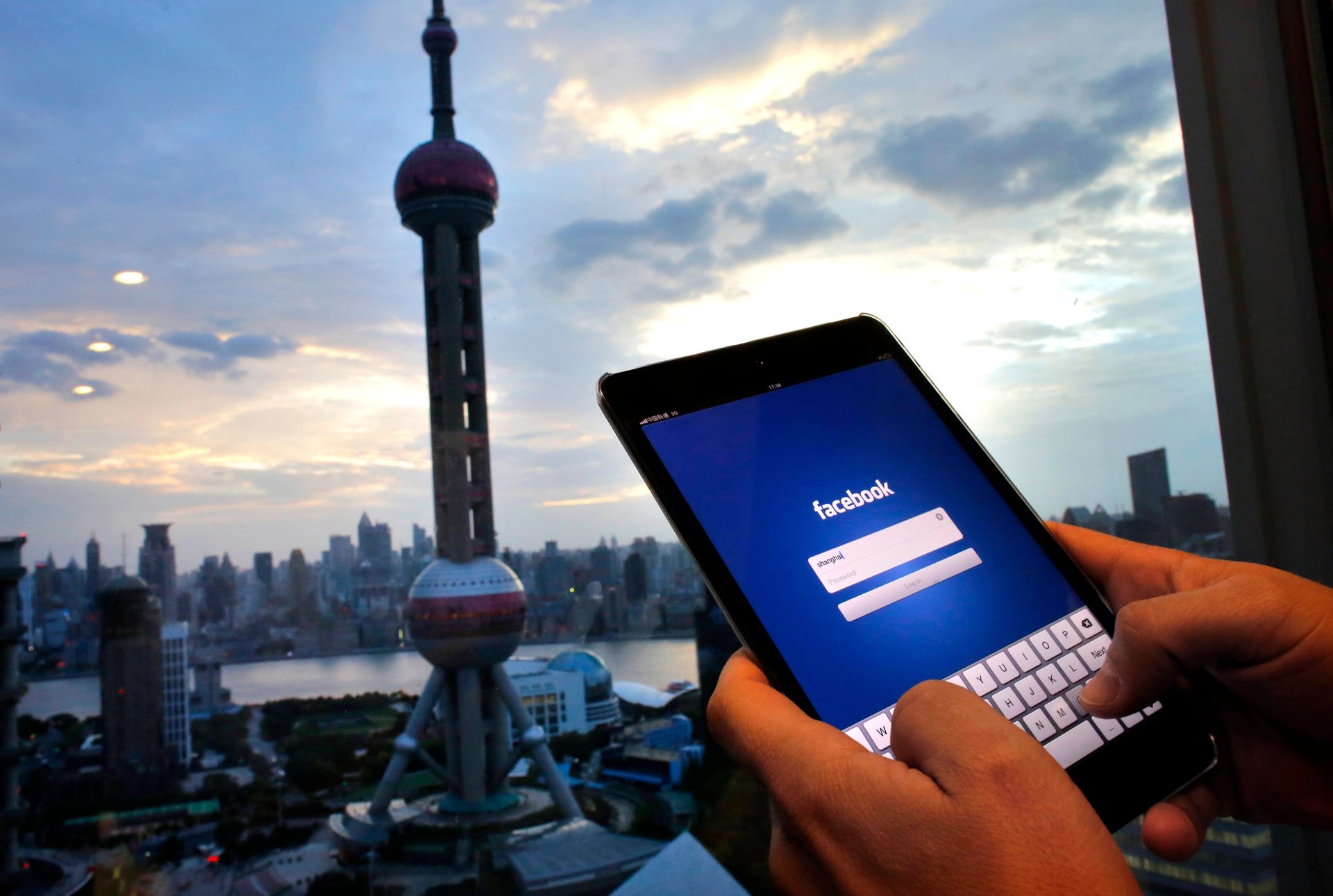A Chinese province considered bringing down the firewall for tourists and caught hell
The Chinese island province of Hainan has big dreams of being a major free trade port and tourist hub. That is to say, president Xi Jinping has big dreams for Hainan.


The Chinese island province of Hainan has big dreams of being a major free trade port and tourist hub. That is to say, president Xi Jinping has big dreams for Hainan.
The province—sometimes dubbed China’s Hawaii, and other times its Florida, for its abundance of retirees—is already experimenting with visa-on-arrival for 59 countries (there have been hiccups). Late last week, authorities made public a three-year action plan (link in Chinese) outlining some of the other ways they plan to continue opening up. The plan is to have 1.3 million foreign visitors by 2020 (up from 1.1 million in 2017). One of their ideas: allowing special internet zones where foreigners can use web sites blocked in China, such Facebook, YouTube, and Twitter.
China bars its citizens from accessing a wide variety of foreign news and social-media sites, a practice notoriously dubbed the Great Firewall. Hainan’s idea drew an outcry (link in Chinese), with people in China complaining about what they are calling it the “internet concession”—a reference to territory and trade concessions China made with foreign powers in the 19th century.
The plan amounts to treating Chinese internet users as second-class citizens, complaints went, giving them a lesser version of the digital world than visiting foreigners or Chinese officials. Chinese state-run news sites are present on Facebook and Twitter, as are Chinese envoys stationed overseas—though last year the ruling Communist Party restricted members’ online activities. Chinese media noted that the provincial document soon disappeared. (Several news reports on the plan and the response to it have also been taken down.)
This wouldn’t be the first time China’s made an internet concession—or appeared to. In 2013, news reports said authorities would allow Facebook and Twitter to be accessible in Shanghai’s new free-trade zone. Days later, the state-run People’s Daily said no such concession would be made.
Facebook and Twitter have been blocked in China since 2009, after authorities blamed the networks for stirring unrest that led to riots in the western region of Xinjiang.